Greece Protest Photos: Strikers Battle Police in the Streets of Athens
The historic streets of Athens are the site of much mayhem and political theater as tens of thousands of Greece's citizens have taken to the street to demand their government cancel imposing further austerity measures.
Friday, protesters marched as part of a wider, 48-hour strike called on by the country's main labor unions. The demonstration rallied against a new set of austerity measures--hashed out by the Greek political leadership Thursday morning--which would cut the minimum wage, slash discretionary spending, raise taxes and eliminate holiday bonuses for workers.
That decision was taken by the country's leading coalition as a way to ensure a €130 billion ($171.34 billion) bailout from various European and international institutions, the second such cash infusion the country has been forced to ask for since the global financial crisis began.
While most protesters were peaceful, a contingent in the city's central Syntagma Square clashed with riot police early in the day. Hooded, gas-mask-sporting protesters threw rocks and gasoline bombs at riot police, setting some officers on fire. The somewhat-disorganized contingent of lawmen responded by hurling back tear gas and charging the crowd on foot. The violence sometimes devolved into hand-to-hand protester-against-officer combat. As the images below show, neither side was above kicking the opposition when they were down.
Protests earlier in the week, by government workers and Communist Party sympathizers, had featured defacement of public buildings and burning of German flags as effigies (Germany is currently Europe's paymaster, and that country's leadership is seen as being particularly adamant on Greece accepting painful austerity measures).
Greece is in a deep recession, with the official unemployment rate at 20.9 percent. Young people aged 15-to-24 face an even more horrific labor market picture: Nearly one in two youths are unemployed.
According to a recent newpaper poll, 91 percent of Athenians believe the country is going in the wrong direction. Most Greeks blame the austerity measures already enacted as part of the first bailout agreements as causing the economic pain.
Patience among Greeks is running out, giving way to a sense of anger, and the danger of a social explosion cannot be ignored any longer, Hieronymos II, the leader of the majority religion Greek Orthodox Church wrote in a letter last week, adding, the medicine we are taking has proved fatal for the nation.
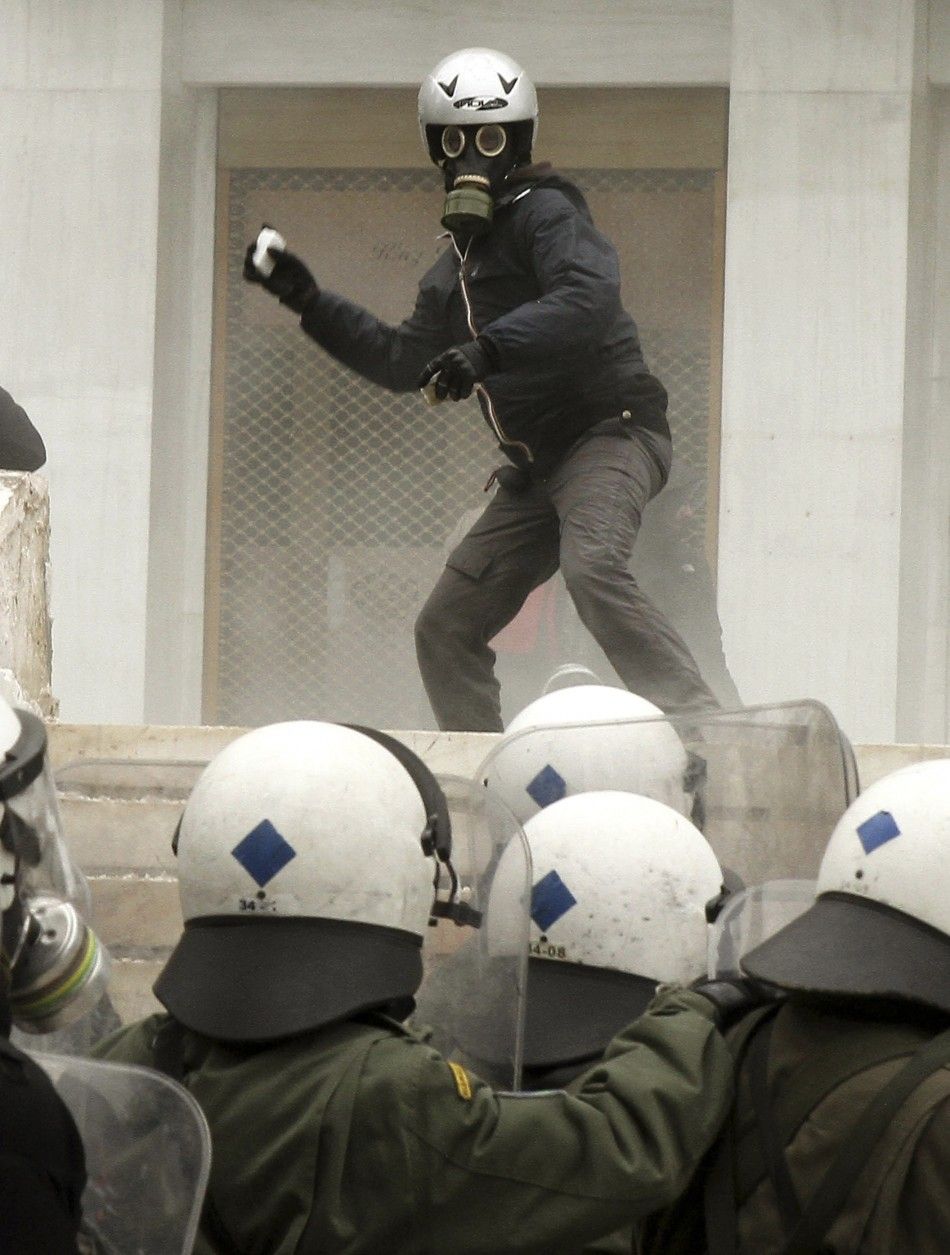
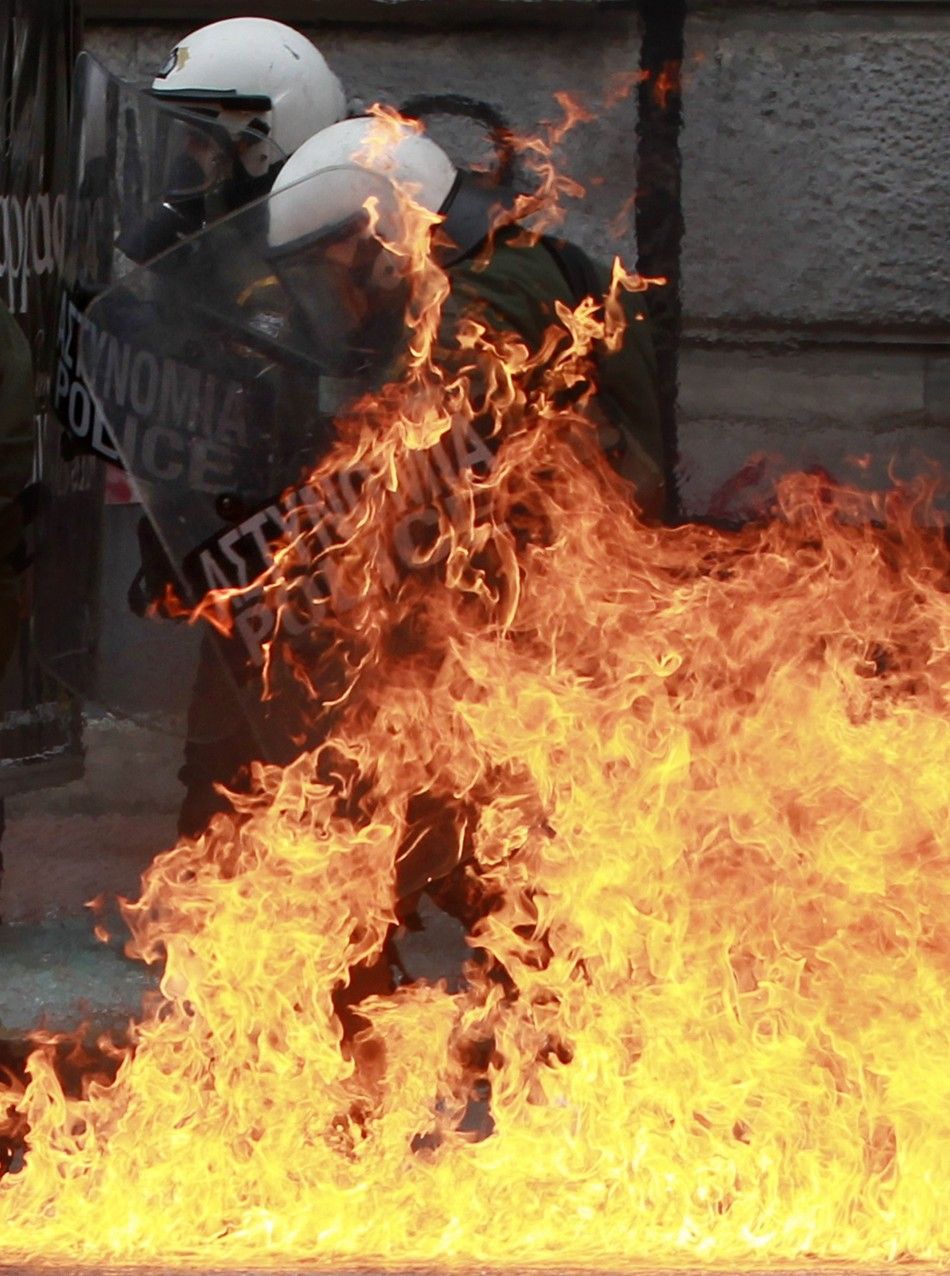
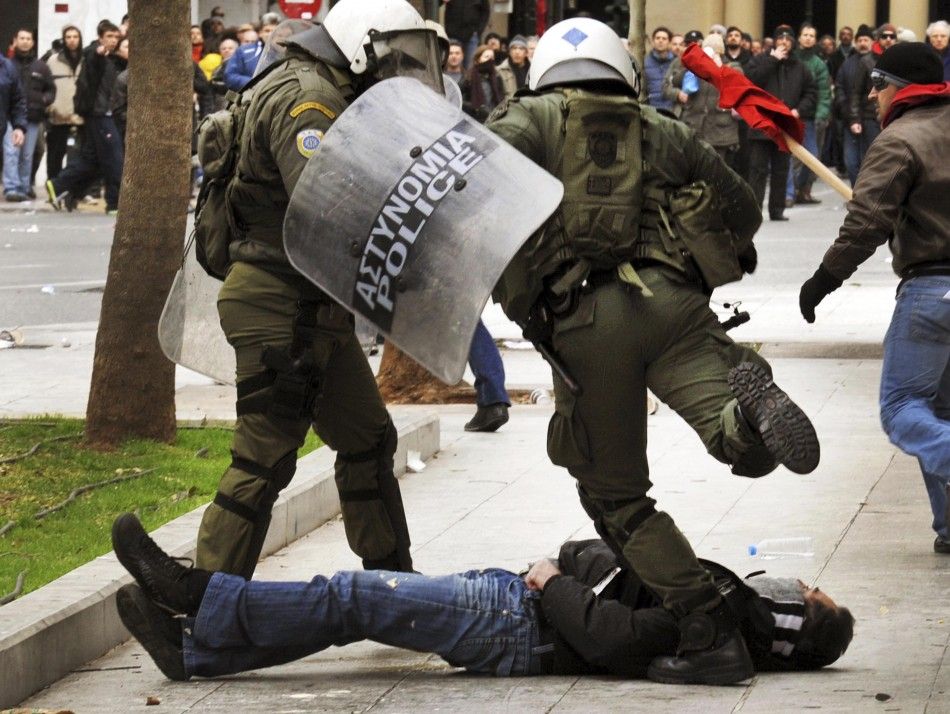
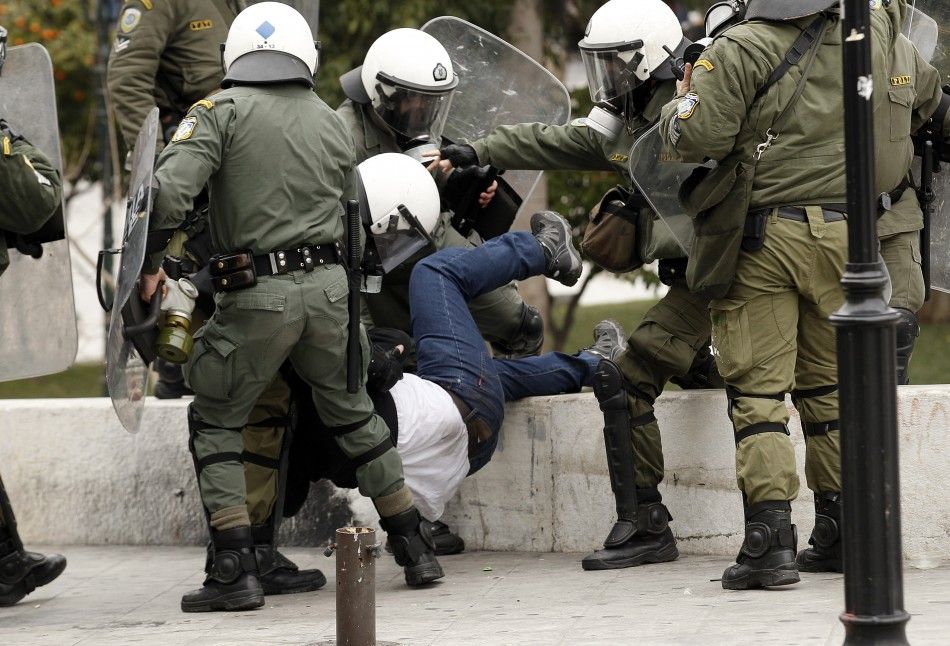
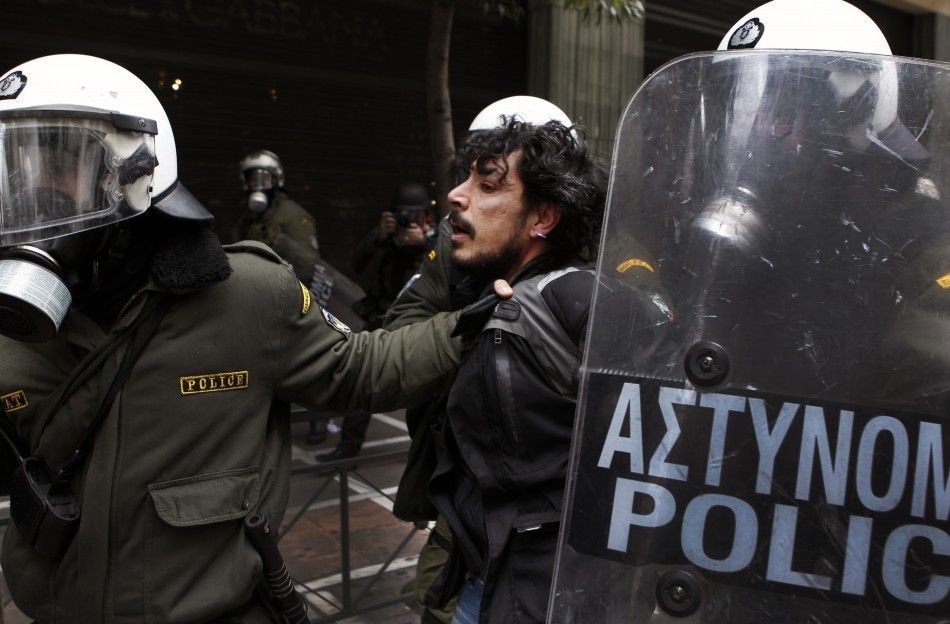
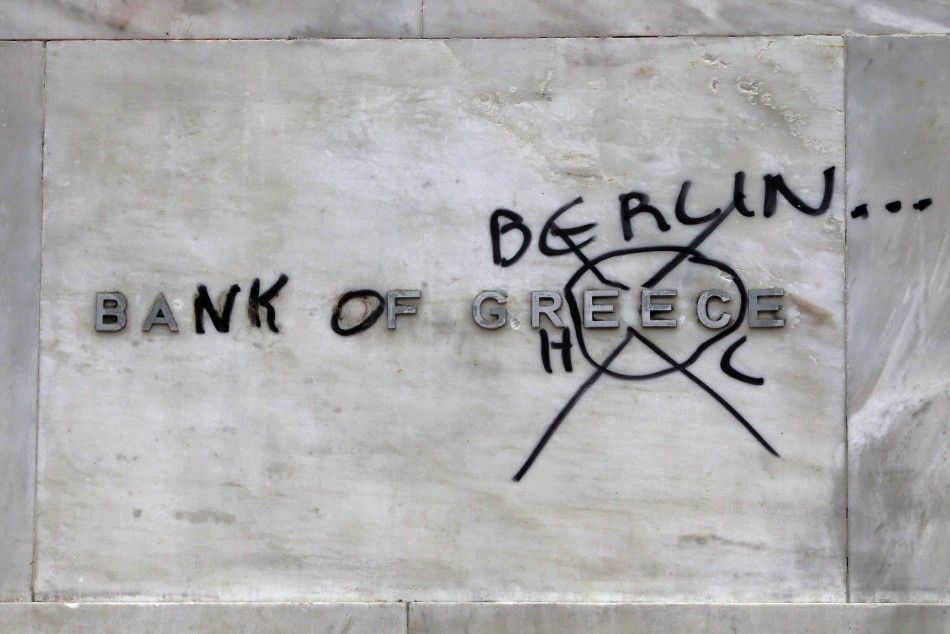
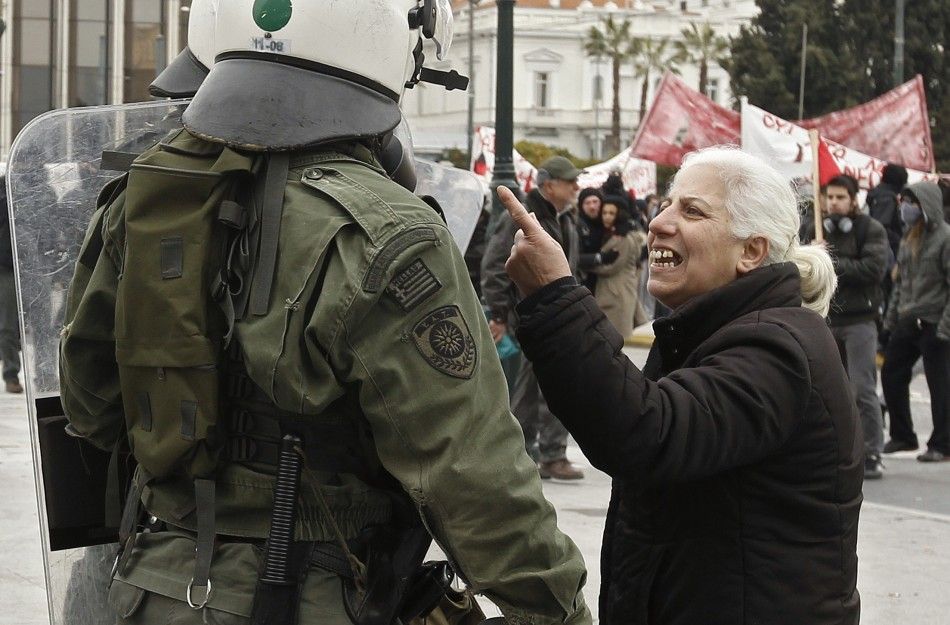
© Copyright IBTimes 2025. All rights reserved.





















